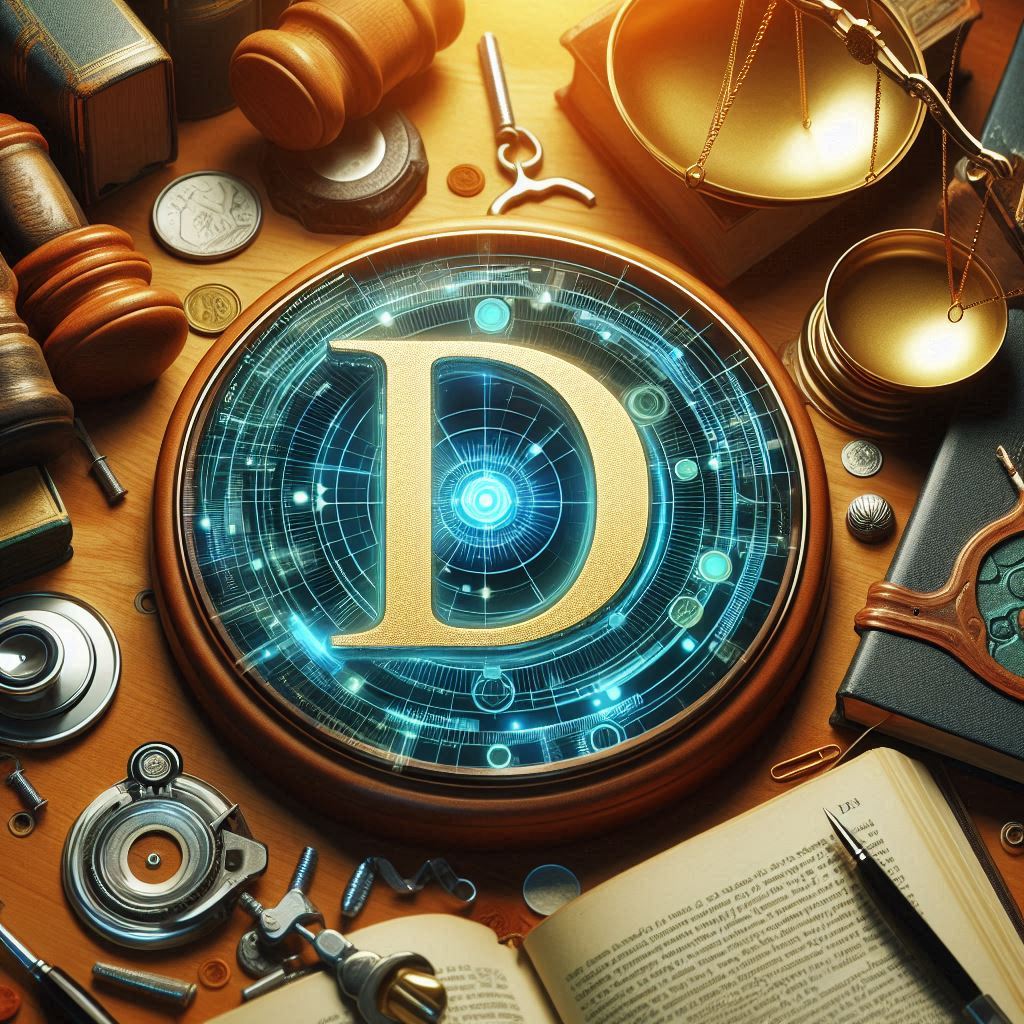Patents – Empowering Inventors Worldwide
Innovation is the lifeblood of progress, driving advancements across industries and shaping the future. To protect their groundbreaking ideas and inventions, inventors turn to the power of patents. Patents provide inventors with exclusive rights over their creations, granting them legal protection and empowering them to reap the benefits of their ingenuity. In this article, we will explore how patents empower inventors worldwide by delving into the significance of patent registration, the value of intellectual property, and the role of IP lawyers in the process.
Safeguarding Intellectual Property
Patent registration is a crucial step in safeguarding intellectual property. By securing a patent, inventors gain legal protection and exclusive rights over their inventions. This protection extends to novel products, processes, technologies, or improvements that meet the criteria of being inventive and non-obvious.
Patents provide inventors with the peace of mind that their intellectual property is secure from unauthorized use or exploitation. They serve as a powerful deterrent against potential infringers and give inventors the ability to take legal action against those who violate their rights. Patent registration is therefore essential for inventors seeking to protect their inventions and preserve the fruits of their creativity.
Exclusive Rights and Market Advantage
The grant of a patent bestows inventors with exclusive rights to their inventions for a specified period, typically 20 years from the filing date. These exclusive rights empower inventors to control the use, manufacturing, distribution, and licensing of their patented inventions. By exercising this control, inventors can gain a significant advantage in the marketplace.
The exclusivity provided by patents allows inventors to capitalize on their inventions without facing direct competition. They can leverage their patented technologies or products to attract customers, establish market dominance, and command premium prices. Patents not only provide inventors with a competitive edge but also enable them to secure a favorable position in their respective industries.
Intellectual Property Value and Commercialization
Intellectual property, including patented inventions, holds substantial value in the business world. Patents represent assets that can be monetized, licensed, or sold. The exclusive rights granted by patents open doors to various commercialization opportunities for inventors.
Through licensing agreements, inventors can grant others the right to use, manufacture, or sell their patented inventions in exchange for licensing fees or royalties. Licensing allows inventors to expand the reach of their inventions without the need for extensive manufacturing or distribution capabilities. It also provides inventors with a revenue stream and the potential to earn royalties from multiple licensees.
Moreover, patents can attract potential investors and partners. Investors view patented technologies as valuable assets that offer a competitive advantage and growth potential. Patent registration demonstrates a commitment to innovation and provides a level of assurance to investors, making it easier for inventors to secure funding or partnerships to further develop and commercialize their inventions.
Navigating the Patent Landscape with IP Lawyers
Navigating the complex patent landscape requires expertise and guidance, and this is where intellectual property (IP) lawyers play a crucial role. IP lawyers are legal professionals specialized in intellectual property law, including patents. They assist inventors throughout the patent registration process, offering invaluable advice and expertise.
IP lawyers help inventors understand the requirements and intricacies of patent registration, ensuring compliance with legal standards. They conduct patent searches and analysis to assess the novelty and patentability of inventions, providing inventors with a clear understanding of their patent prospects. IP lawyers also prepare and file patent applications on behalf of inventors, carefully drafting claims and descriptions to maximize the scope and enforceability of patents.
Furthermore, IP lawyers play a crucial role in patent enforcement. In the event of infringement, they help inventors protect their rights by initiating legal actions, negotiating settlements, or pursuing licensing agreements.
Conclusion
Patents are powerful tools that empower inventors worldwide by providing legal protection, exclusive rights, and a competitive advantage in the marketplace. Through patent registration, inventors can safeguard their intellectual property and ensure that their groundbreaking ideas remain protected from unauthorized use or exploitation.
The exclusive rights granted by patents enable inventors to control the commercialization, licensing, and distribution of their inventions. This control allows inventors to capitalize on their innovations, establish market dominance, and command premium prices for their patented products or technologies. Additionally, patents hold significant value as intellectual property assets that can be monetized through licensing agreements or attract potential investors and partners.
In the complex world of patents, the guidance of IP lawyers is invaluable. These legal professionals specialize in intellectual property law and assist inventors throughout the patent registration process. IP lawyers provide expertise in patent searches, application drafting, and enforcement, ensuring inventors navigate the patent landscape effectively and maximize the protection and commercial potential of their inventions.







